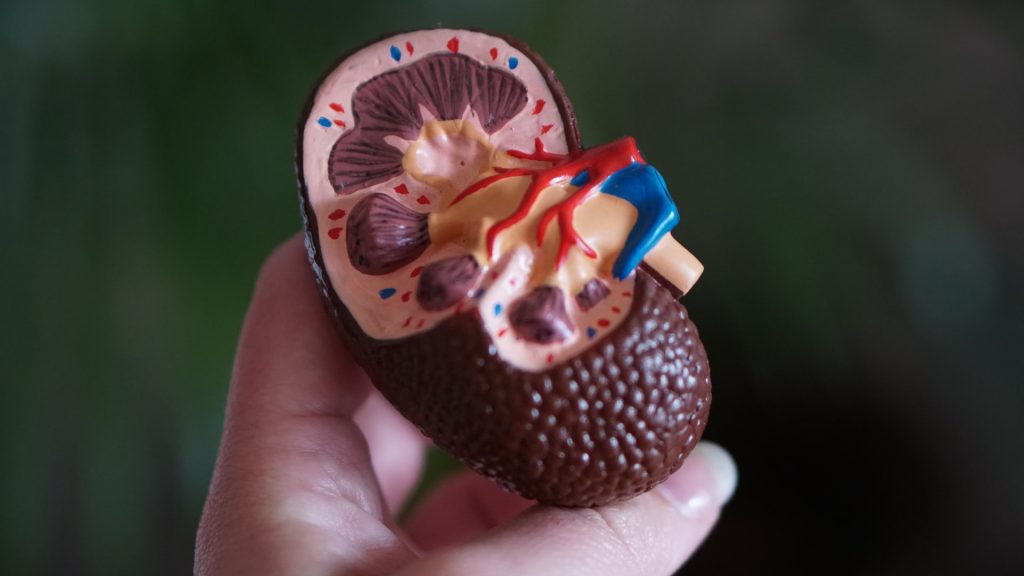
It is well known that diets with a high sodium-to-potassium ratio are linked to poor cardiovascular outcomes. To date, most attention has mostly focused on high sodium, but low potassium is also a culprit in cardiovascular disease. Now, research published in Cell Reports has revealed that low dietary potassium also causes direct kidney injury.
Using in vitro and in vivo approaches, Andrew Terker, MD, PhD, and colleagues demonstrated that the injury effects depend on the Kir4.2 potassium channel in kidney proximal tubule cells. First, they reduced dietary potassium levels to determine changes in kidney injury markers, and then lowered blood potassium levels to confirm that it indeed drove kidney injury.
Efflux of potassium from the cells caused intracellular acidosis and activated the enzyme glutaminase. This increased enzyme activity contributed to kidney injury, leading to hypertrophy, inflammation and fibrosis. They found that deleting Kir4.2 or glutaminase protected proximal tubule cells from injury in both cell culture and animal models.
The findings identify Kir4.2 and glutaminase as mediators of low potassium-related kidney injury and potential therapeutic targets. The findings also suggest that the standard practice of recommending excessive restriction of dietary potassium for patients with chronic kidney disease could unintentionally contribute to disease progression in certain settings
Source: Vanderbilt University

